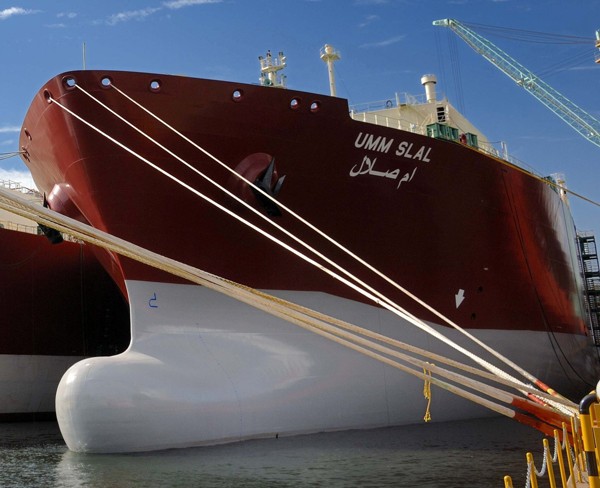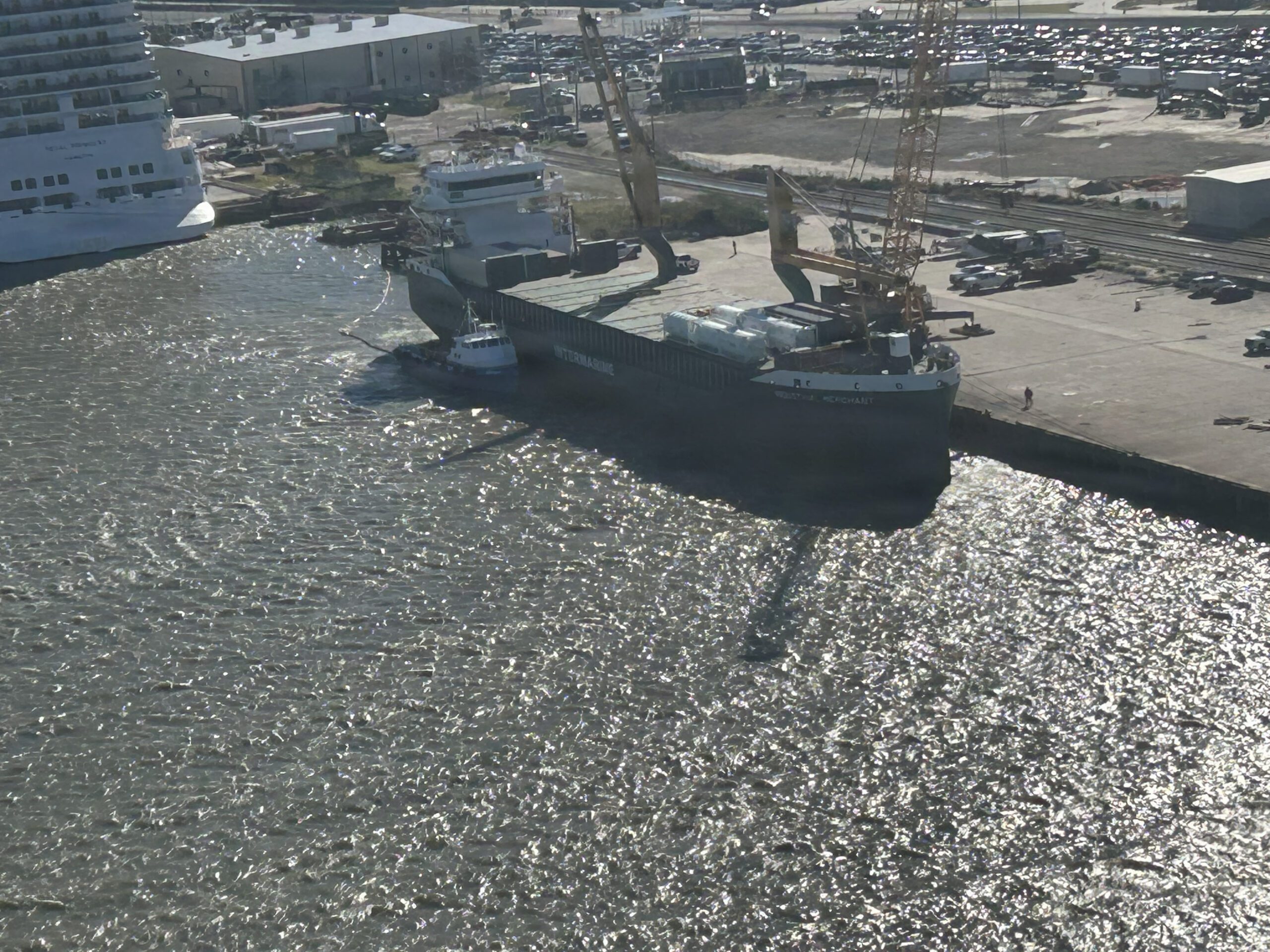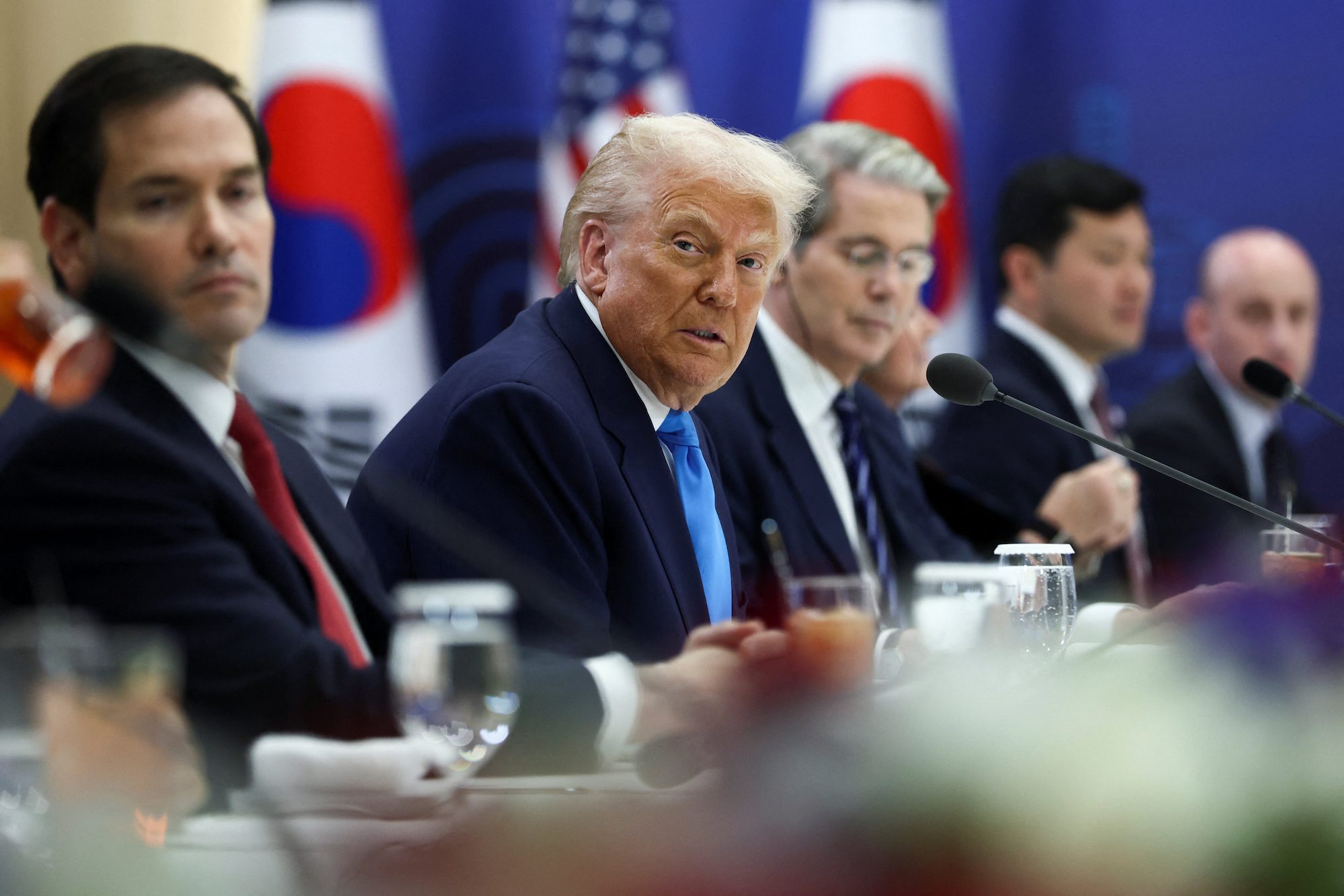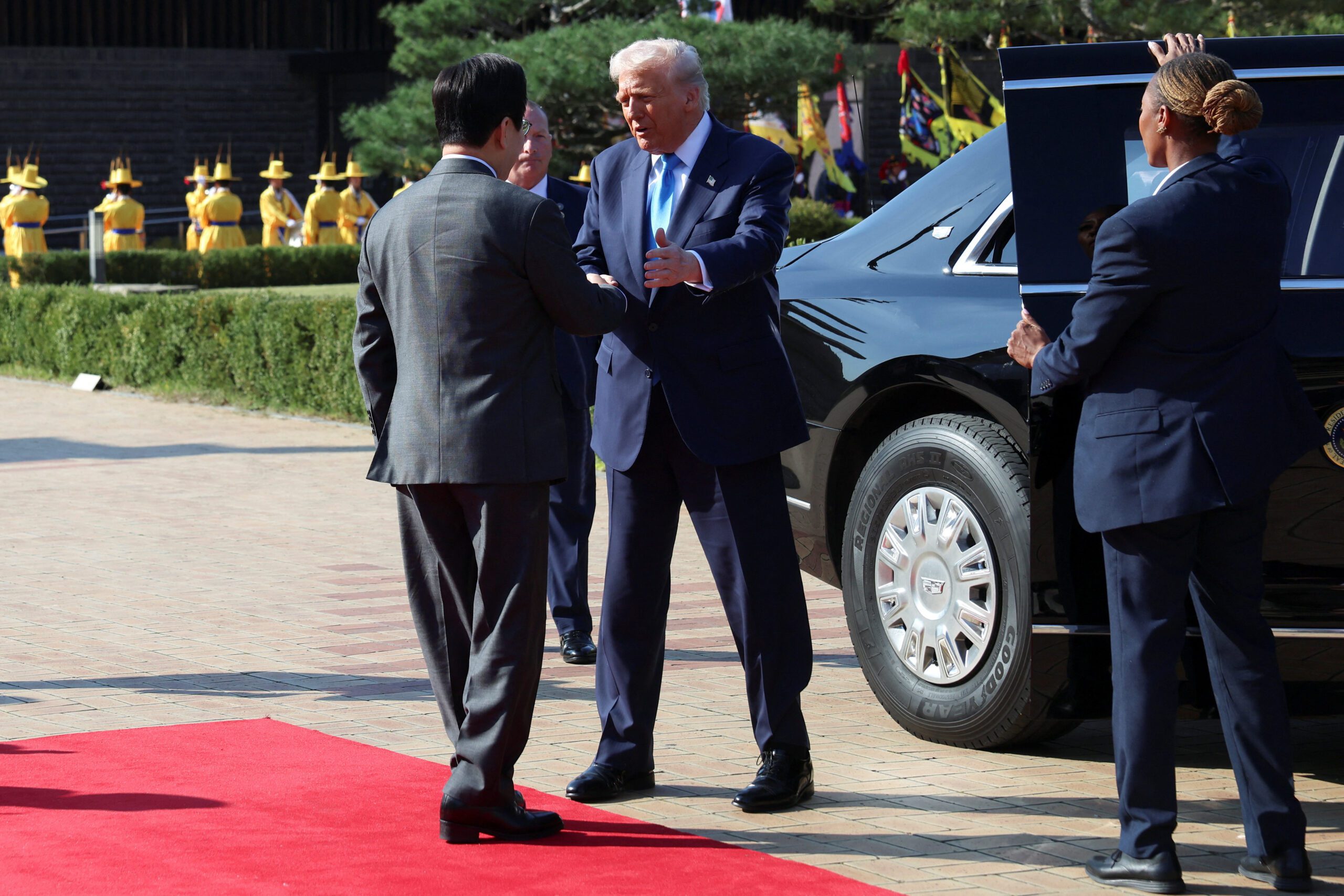
DOHA — Qatar, the Persian Gulf emirate that is the world’s largest exporter of liquefied natural gas, is poised for a sharp rise in the value and volume of its exports of the super-cooled fuel this year, benefiting from the troubles in Japan’s nuclear industry and from surging demand for energy elsewhere in Asia.
With a quarter of Japan’s nuclear production shut down by the devastating earthquake and tsunami in March, that country’s power companies have agreed to buy an extra four million tons of LNG from Qatar over the next year and are in talks to purchase additional volumes, Qatar’s energy minister, Mohammed bin Saleh Al Sada, said last month. Surging demand for natural gas in China — keen to switch from polluting fuels such as oil and coal amid strong economic growth — is also positive for Qatar.
“Post Fukushima, there will be a lot of opportunities,” said Fatih Birol, chief economist for the International Energy Agency. “Japan and Korea have new long-term contracts in the next four years, and China demand is booming — as of 2015 they will have to import as much as Europe today.”
Qatar sits on the third-largest natural-gas reserves in the world, after Russia and Iran, with its offshore North Field containing an estimated 900 trillion cubic feet of gas.
Mostly as a result of greater Asian demand, Qatar’s LNG exports are expected to rise to 73 million tons this year, 30% above the 56 million tons exported in 2010 and close to the country’s installed export capacity of 77 million tons, according to projections from the commodities consultancy Wood Mackenzie.
And prices for LNG are rising, after being depressed in recent years by the development of massive shale-gas reserves in the U.S. and Canada, which stymied the hopes of Qatar and other exporters to supply large quantities of natural gas to the North American market. With higher volumes and rising prices, the value of Qatar’s LNG exports is expected to jump at least 43% to over $30 billion in 2011, from $21 billion last year, according to estimates from Samba Financial Group, a Saudi bank.
Qatar is already exporting around 60% of its LNG to Asia, Energy Minister Al Sada has said, a figure that is expected to rise as the country prepares to reach full export capacity by the end of 2011, according to Erik Nikolai Stavseth, an analyst at Norway’s Arctic Securities ASA.
The surging demand for natural gas is fueling a boom in the local economy, which is also gearing up for massive investments in infrastructure ahead of hosting the soccer World Cup in 2022. Qatar’s real GDP growth hit a stellar 16% in 2010 and is set to accelerate even further, to 20% this year, according to the International Monetary Fund.
With natural-gas demand rising in Japan, China and other Asian countries, and no new, large-scale LNG projects due to come on stream for five to six years in the Asian-Pacific region, the supply-demand balance is tightening, according to market analysts.
“The Pacific basin market was going to be short over the next five or six years even before what happened in Japan, so now you’ve got an uplift in demand — it just exacerbates that situation,” said Frank Harris, an LNG expert at Wood Mackenzie. “It increases the probability that Qatar will be able to secure some additional long-term deals in the Asian market,” Mr. Harris said, adding that LNG demand in the Pacific basin will rise to 241 million tons in 2020 from 138 million tons in 2010.
LNG prices have risen in the Asian market this year, averaging $11.60 per million British thermal units in May, up nearly 30% from January this year, according to import data calculated by IHS CERA.
By Alex Delmar-Morgan, 2011 Dow Jones & Company, Inc.

 Join The Club
Join The Club











